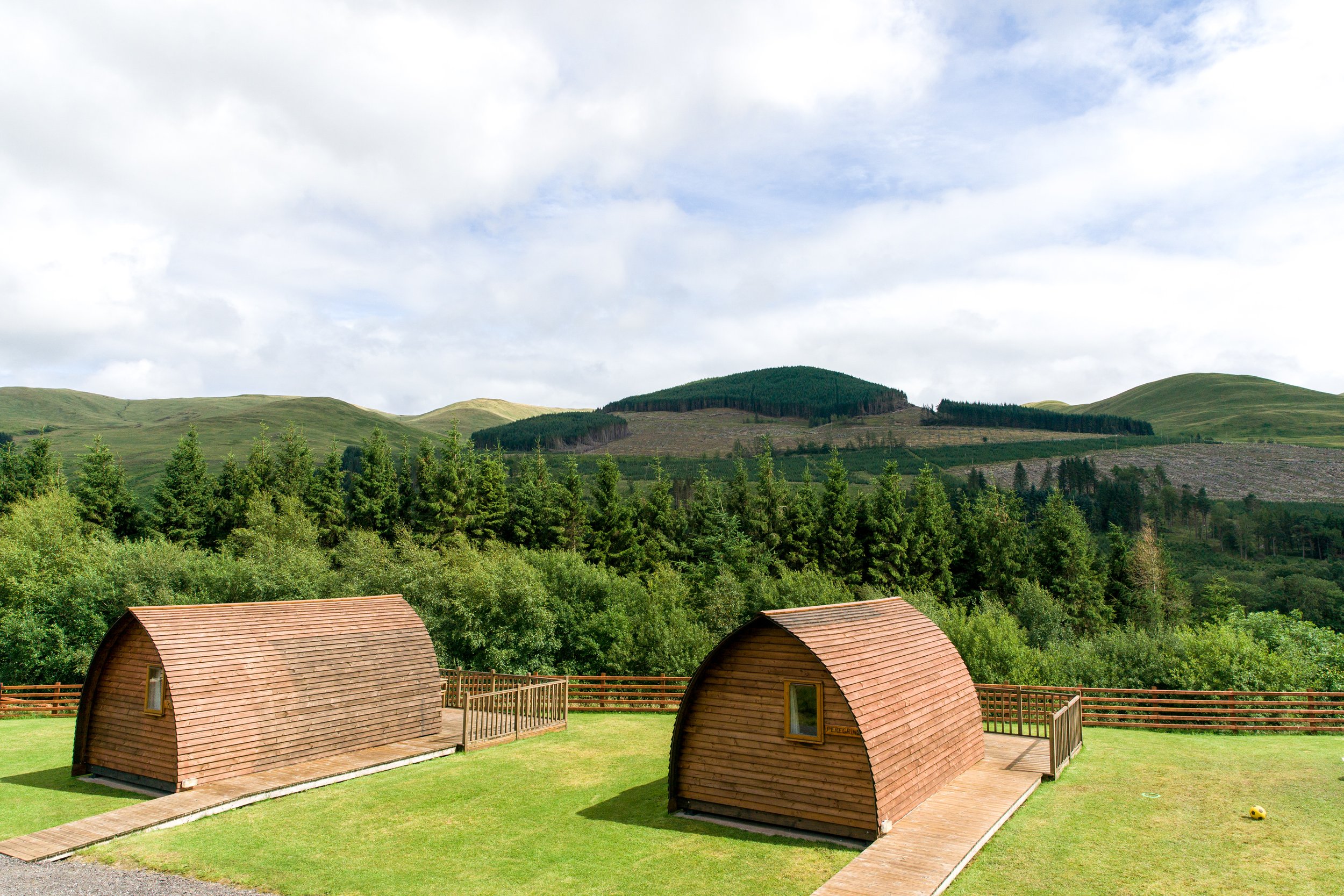Do I Need Planning Permission For Glamping Pods?
If you’re interested in learning more about how to start a glamping business, one of the big questions you’ll need to figure out is whether you’ll need planning permission for installing your camping pods.
In short, the answer is usually ‘yes’. Read on for more information about what kind of glamping accommodation needs a planning permit and what to expect from the application process.
What kind of glamping accommodation requires planning permission?
Whether you need permission or not depends on whether the accommodation you want to offer can be classified as temporary. That’s why you might not need planning permission for a caravan, but you would have to apply for one if you were planning to install static cabins.
However, this comes with one big caveat: even if the structures you’re putting up are movable, like canvas tents, if they’re left in place for months on end, you’ll probably need planning permission.
Your visitors will likely also expect to have access to things like washing facilities, kitchens, parking space and rubbish collection areas. These all need permission from your local council. If you need to dig trenches for pipes or put up posts for electrical wires and connection boxes, you’ll need to get planning permission for these, too.
What to expect from the planning permit application process
Especially in rural areas, councils tend to be quite supportive of hospitality businesses that help bring in more tourism as this supports the local economy. However, it’s worth noting that in certain areas, it can be harder to get permission for changing the landscape.
This might be the case if the location you have in mind is classified as a heritage site. Many areas in the country also have laws in place to conserve their natural beauty, making it harder to get planning permission for your glamping site. These almost always include ‘Areas of Outstanding Natural Beauty’ and national parks.
Meanwhile, getting planning permission for land on an operational farm is often easier because the NPPF (National Planning Policy Framework) allows for and actively encourages farm diversification.
When making your application, apart from a detailed business plan with financial forecasting, you need to provide detailed scale drawings of the pods or tents and other facilities you plan to erect.
Some other reports you might have to submit include things like habitat survey, environmental impact report, a newt survey and a flood survey. Your local authorities will let you know which reports you need to submit based on your plans.
Providing some additional reports from relevant experts like highway engineers and ecologists can be hugely helpful as well. In general, highlighting the eco-friendliness of your campsite often proves to be a big help in the application process.
You’ll likely also need to apply for a site license that outlines things like your water supply and sanitation as well as boundaries and firefighting services for your campsite.
As you have to sell your idea to both the local officials and the wider community, hosting a meeting for the residents in the area to go over your ideas is a good idea. Letters of support from the local community can be very helpful when it comes to getting planning permission for your glamping site.
Do you need planning permission for Wigwam® Cabins?
Because of their sturdy build, you will need planning permission to erect Wigwam® cabins.
Here at Wigwam we have decades worth of expertise when it comes to gaining planning permission for glamping units. Our team is happy to help and advise you throughout the process of getting your paperwork in order and can even submit your planning permission application on your behalf for an extra cost.
Final words of advice
So by now, you’ve probably gathered that you’re going to need some sort of permits for setting up your campsite or glamping site. Even though your glamping pods or tents are only going to be used for short-term holiday lets, you’ll likely need to apply for full planning permission, even if the structures you’re erecting aren’t permanent.
As mentioned previously, joining Wigwam Holidays as a Franchise Partner gains you access to our expert advice on planning permissions. Our in-house team of glamping experts are very happy to help you make sense of the application process and the paperwork you’ll need to submit.
However, if this doesn’t apply to you, you can always hire a planning consultant to help you out with the application process. Hiring a specialist like this does require a bit of an investment, but can save lots of time and money in the long run.
We recommend that you stay in touch with your local planning authorities throughout the process of getting your campsite up and running and that you always let them know if you figure that you need to change anything from the previously agreed-upon plans.
Useful resources
Follow this link for more planning permission info as part of our 12 steps to starting a glamping business.
Learn More about Wigwam
The Wigwam brand consists of two separate but overlapping businesses - Wigwam Cabins and Wigwam Holidays.
Wigwam Holidays operates as a franchise, booking system and website. It is one of the top glamping businesses in the UK, consisting of over 80 UK locations and welcomed over 100k guests last year. Wigwam Holidays offers a tried and tested franchise model to its franchisees, and “great holidays in the great outdoors” to its guests.
Wigwam Cabins is a manufacturer of high quality wooden cabins. It’s the business that invented the ‘glamping pod’ over 30 years ago. Today, from its workshop in Perth, Wigwam Cabins focuses on building a range of glamping pods and timber lodges. Fear not, you do not need to be a part of Wigwam Holidays to buy products from Wigwam Cabins.
Get in touch with us
If you would like any more information from us, please fill in the form below and we will get back to you within two working days.



